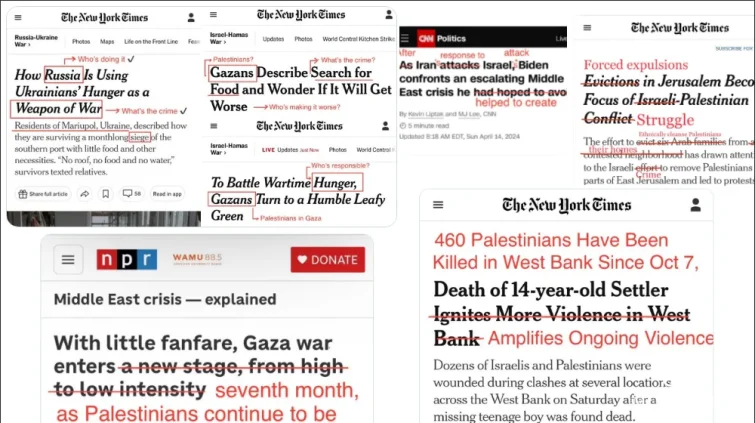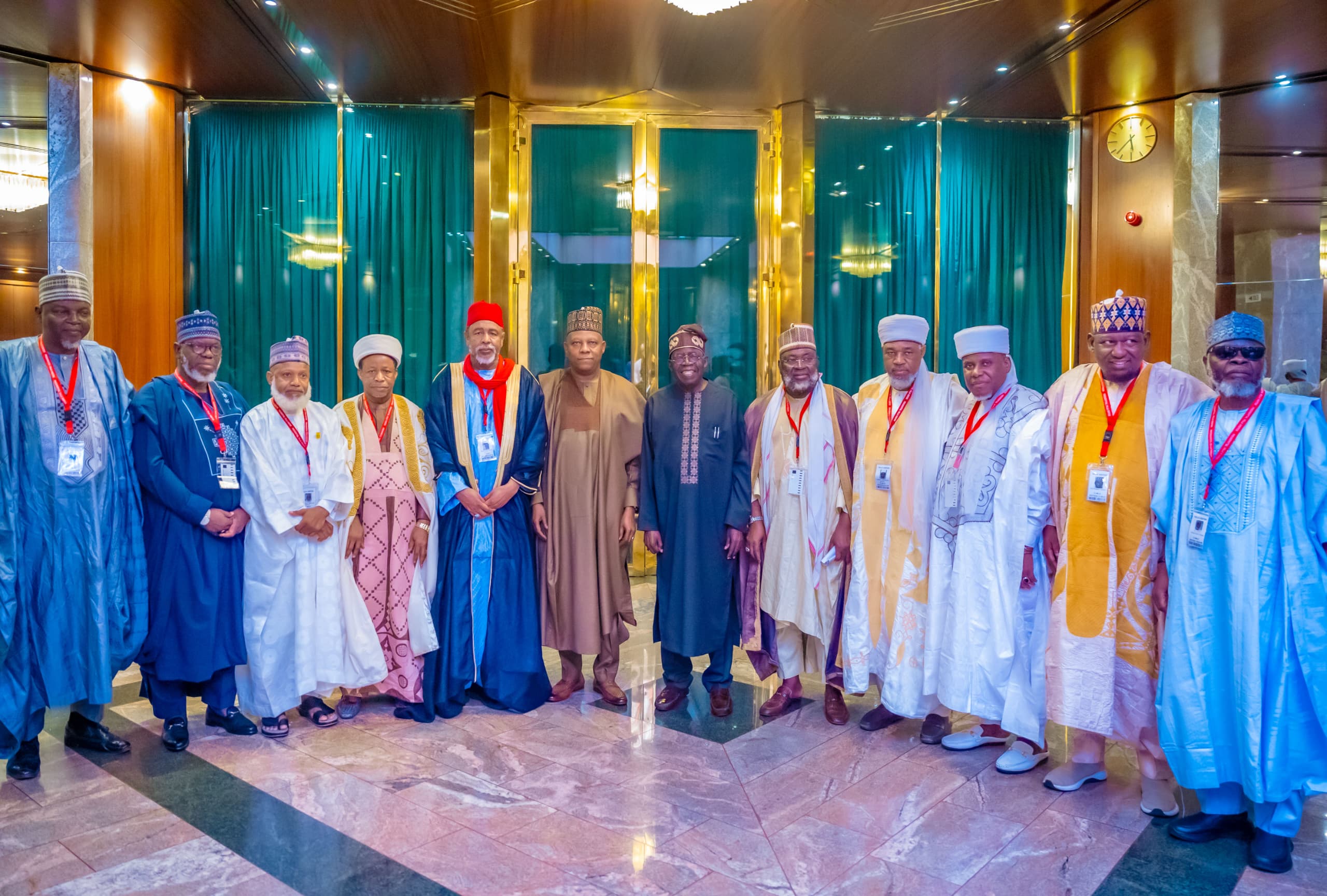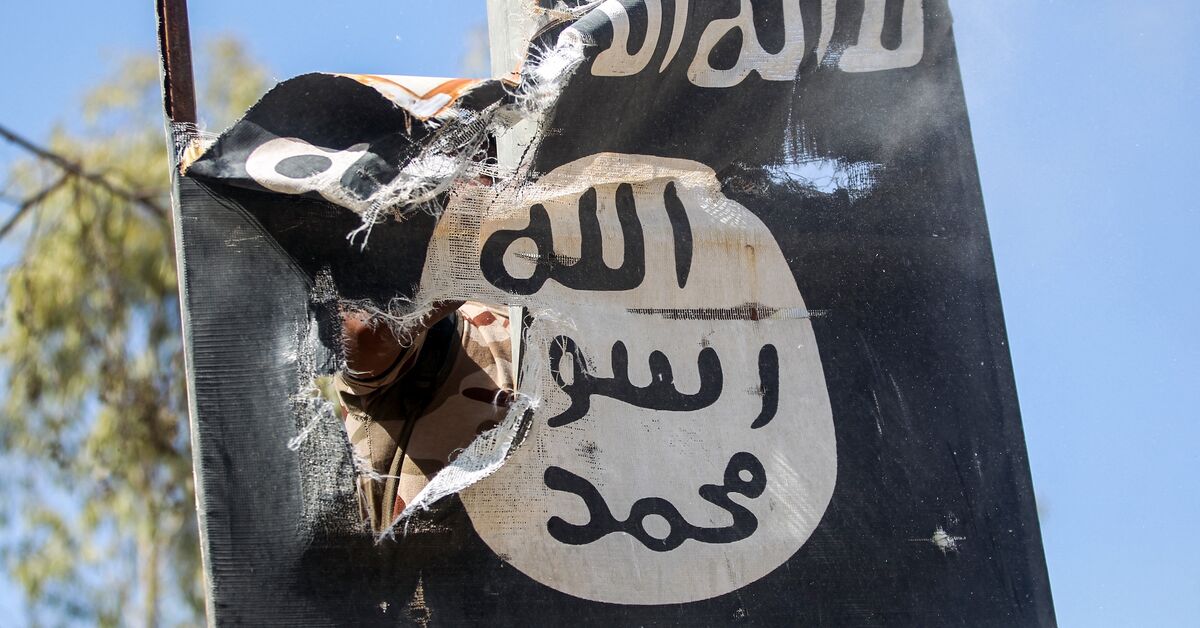Assal Rad, a scholar with a Ph.D. in Modern Middle Eastern history, has been actively challenging the way Western media reports on Israeli actions in Gaza. She argues that many news headlines tend to either downplay Israel’s role or present the situation in Gaza with excessive neutrality. For example, Rad revised a New York Times headline from “Founder of World Central Kitchen says several workers killed in Gaza airstrike” to “Israel kills World Central Kitchen workers in Gaza airstrike,” to directly attribute responsibility. Similarly, she adjusted a Reuters headline to emphasize Israel’s role in hindering aid to Palestinians, and a CNN headline to highlight Israel’s continued attacks on Palestinians waiting for food aid.
Rad’s efforts to amend these headlines stem from her critique of what she perceives as Orientalism and bias in Western media’s portrayal of the Middle East. She believes this bias contributes to a misinformed public, particularly regarding the Israeli-Palestinian conflict. Rad has used X (formerly Twitter) to share her “corrected” headlines, aiming to expose what she views as Israeli war crimes and Western media’s failure to hold Israel accountable.
Her critique extends beyond headline adjustments. Rad discusses how Western complicity, including the support of Israel by Western countries despite international law violations, is mirrored in media coverage that often favors Israel. This bias, according to Rad, has led to a widespread lack of awareness among the American public about the reality on the ground in Gaza.
The issue of media bias is not just Rad’s observation but has been internally acknowledged within some news organizations. For instance, CNN staff have reportedly criticized their own network for echoing Israeli propaganda and sidelining Palestinian perspectives. Similarly, journalists at the BBC have expressed frustration over what they see as biased reporting that favors Israel and dehumanizes Palestinians.
Rad’s work highlights a broader concern about how language and framing in media coverage can shape public perception and discourse around conflict. While she did not expect her social media posts to attract wide attention, she hopes they will encourage people to question and recognize biases in Western narratives about Israel and Palestine.
In addition to Rad’s critiques and efforts, it’s important to consider the broader context of media reporting on international conflicts. Studies and reports have shown that media outlets can significantly influence public opinion and policy by the way they frame conflicts, choose stories, and attribute blame. The representation of the Israeli-Palestinian conflict is a complex and contentious issue, with various stakeholders advocating for more balanced and accurate coverage.
Her latest book, “The State of Resistance” New Edition can be found here.
While the Iranian nation-state has long captivated the attention of our media and politics, this book examines a country that is often misunderstood and explores forgotten aspects of the debate. Using innovative multi-disciplinary methods, it investigates the formation of an Iranian national identity over the last century and, significantly, the role of Iranian people in defining the contours of that identity. By employing popular culture as an archive of study, Assal Rad aims to rediscover the ordinary Iranian in studies of contemporary Iran, demonstrating how identity was shaped by music, literature, and film. Both accessible in style and meticulously researched, Rad’s work cultivates a more holistic picture of Iranian politics, policy, and society, showing how the Iran of the past is intimately connected to that of the present.







